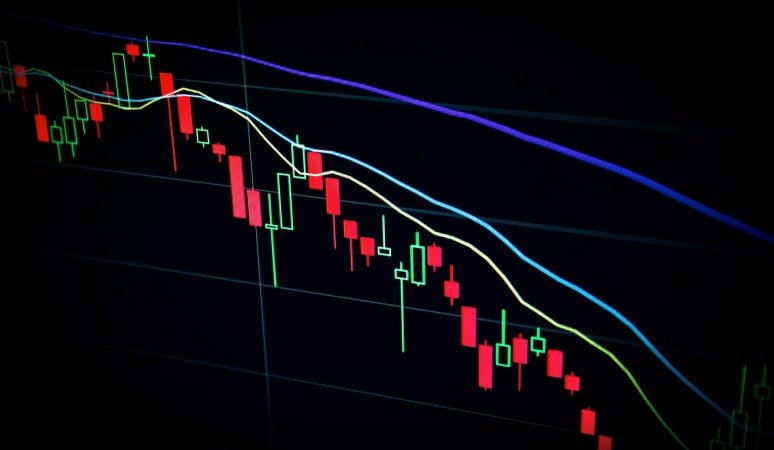The German economy is expected to recover strongly in the second half of the year. That is forecast by the Bundesbank, which has raised its economic forecasts.
Due to the progress with vaccinations and the phasing out of lockdown restrictions, it is evident, among other things, that German consumer spending is catching up again, according to the German central bank.
According to new figures, the eurozone’s largest economy is expected to grow by 3.7 percent this year and 5.2 percent next year. Previously, pluses of 3 and 4.5 percent were assumed. In 2023, however, there would be a slightly lower growth rate again. The Bundesbank now expects a growth of 1.7 percent for that year. That was 1.8 percent in the previous estimate in December.
The improved outlook for Germany is in line with the picture already outlined by the European Central Bank (ECB) on Thursday. It then raised its growth forecast for the eurozone considerably. The inflation forecast has also been revised upwards, but the sharp rise in the price level is probably temporary.
Partly for this reason, ECB President Christine Lagarde thought it was still “too early” to talk about phasing out the bond-buying program, with which the central bank is trying to support the economy during the corona crisis.
The Bundesbank has also released new inflation expectations. This assumes an increase in the general price level of 2.6 percent for this year. But the strong increase in Germany will also be temporary, the mathematicians believe. For 2022 and 2023, they foresee inflation of 1.8 and 1.7 percent respectively.
In the eurozone, the ECB aims for an inflation rate of around 2 percent to ensure good price stability. If that is the case for the entire country bloc, the bank probably decides to raise interest rates again.


